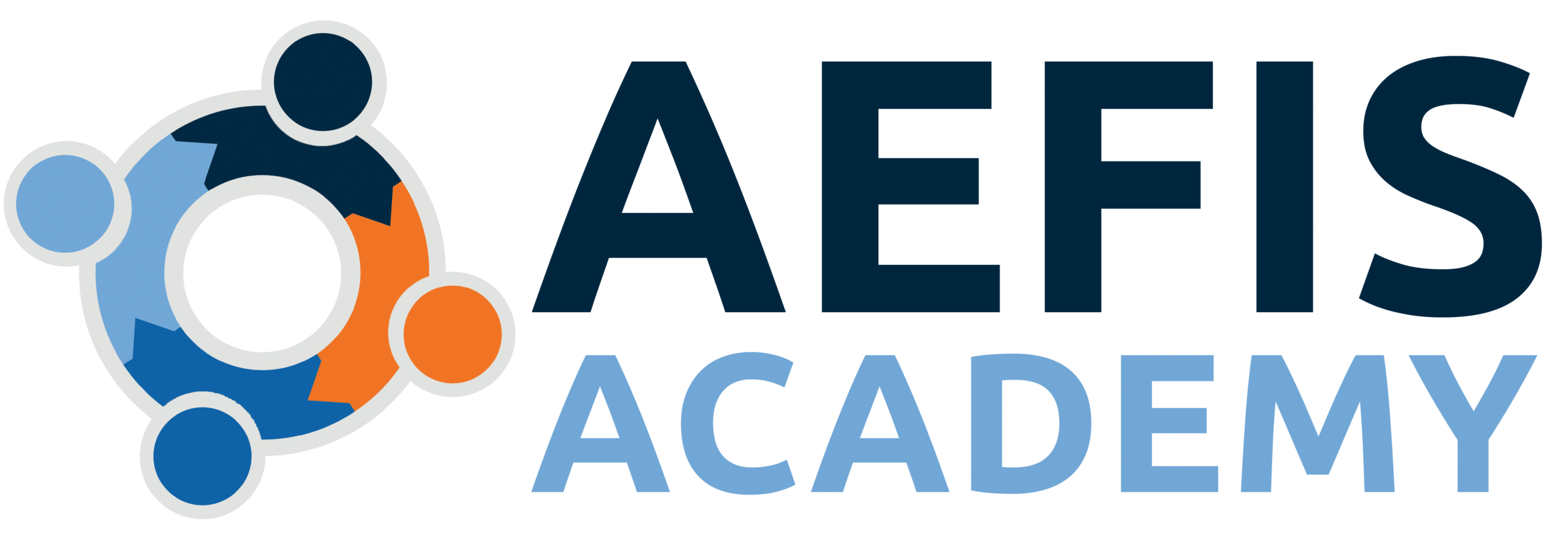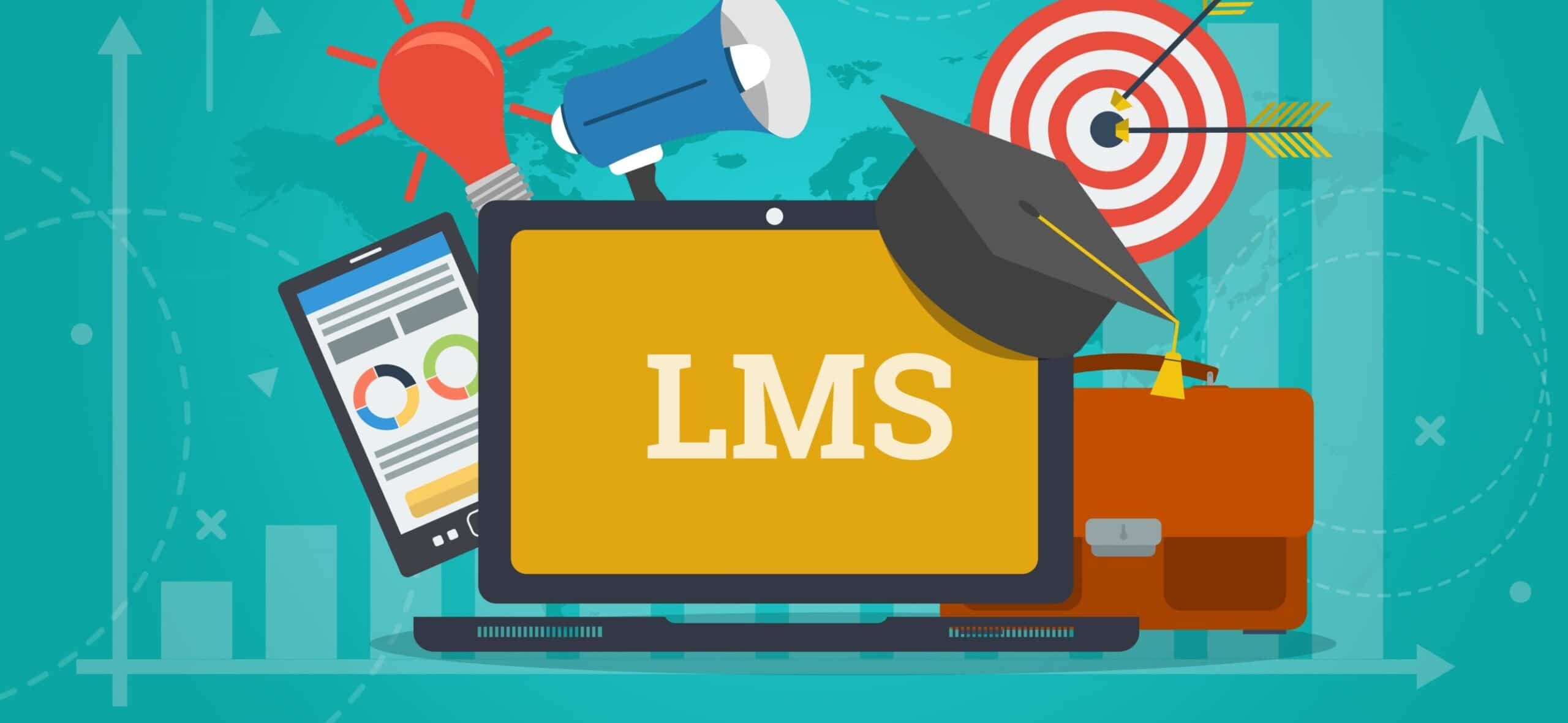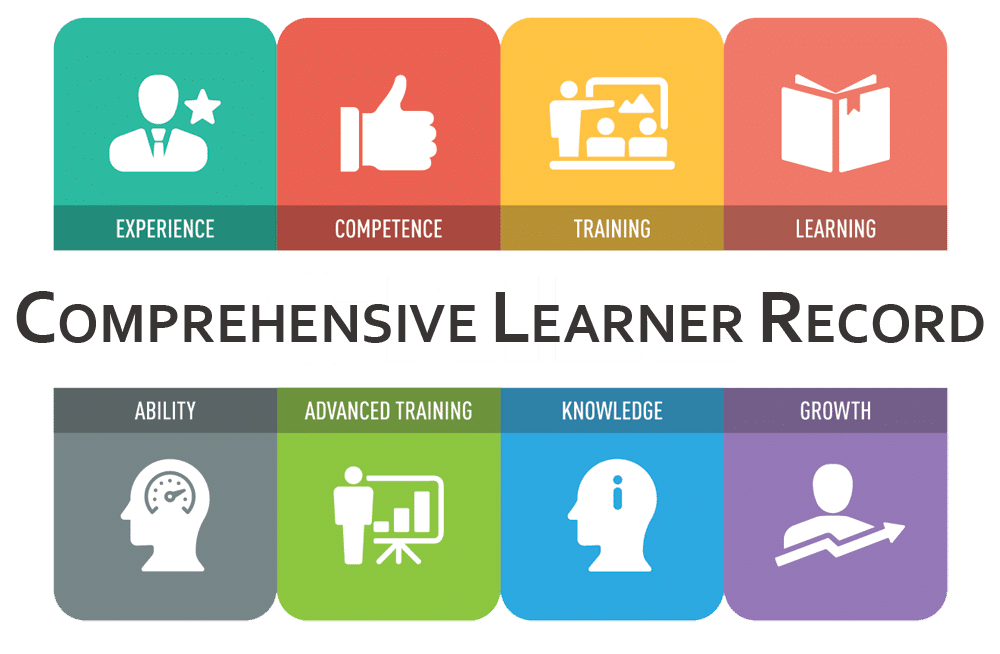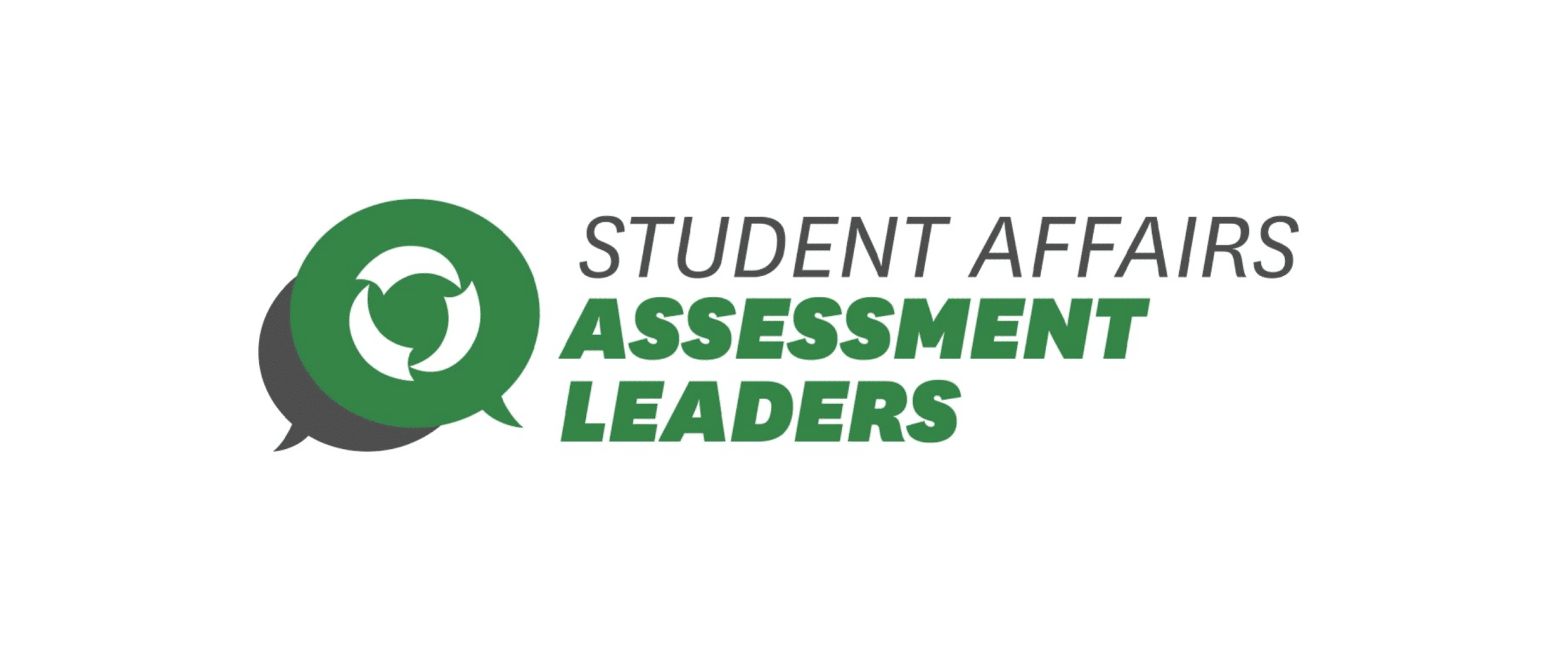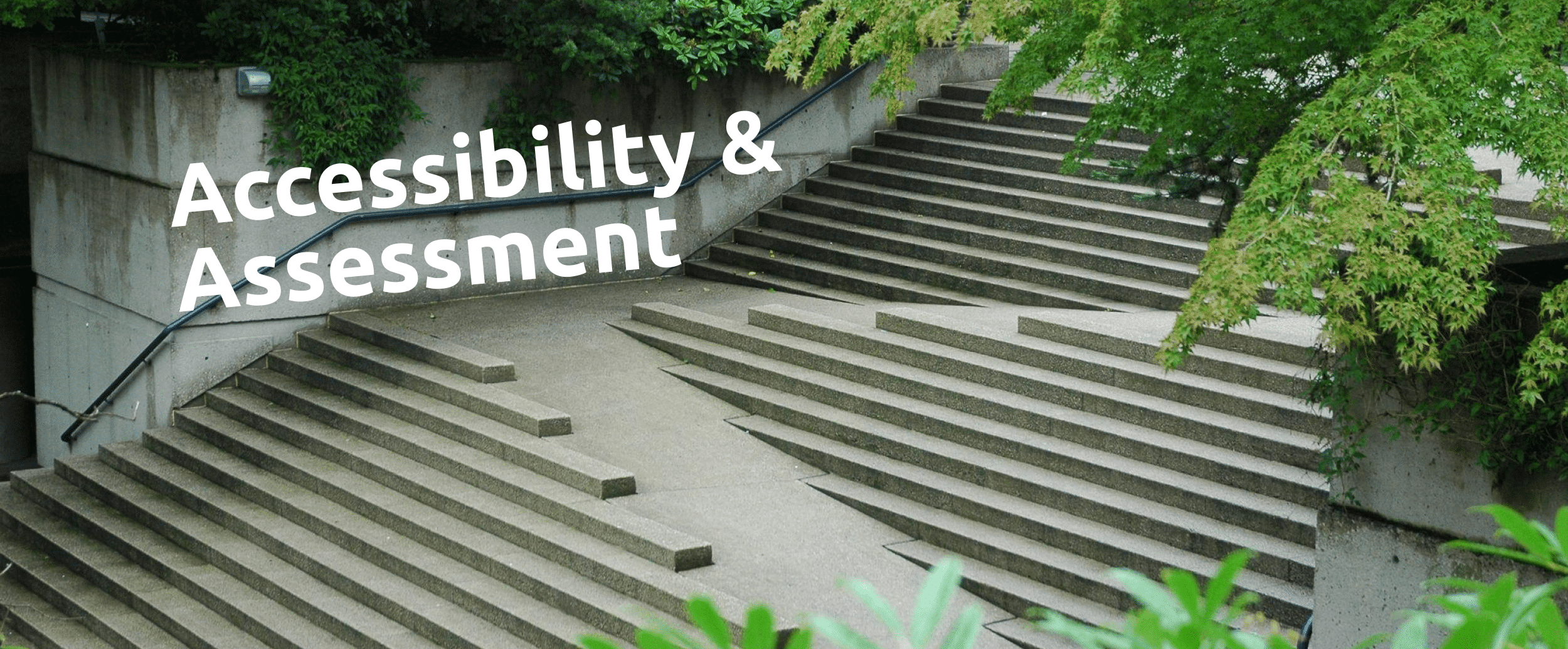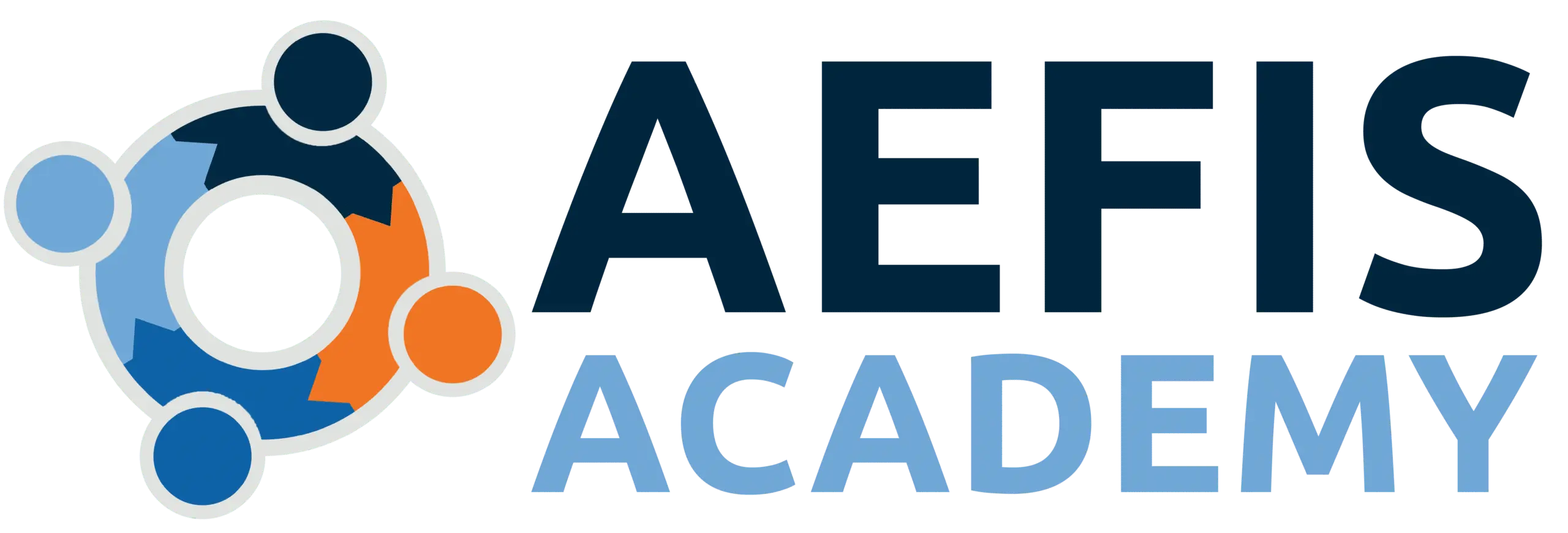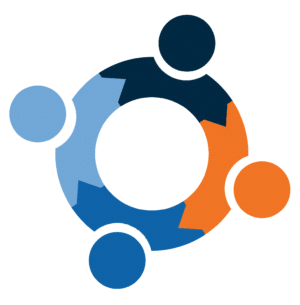Upcoming Live Events
Leveraging Your Blackboard LMS Data for Student Success and Continuous Improvement
The ability to extract student learning outcomes data from your Learning Management System (LMS) is essential for assessment and continuous improvement. We believe technology should not be a barrier to the important work of leading your institutional effectiveness initiatives. In fact, we believe that pulling your LMS data seamlessly into your evidence for continuous improvement should be automatic.
Leveraging Your D2L LMS Data for Student Success and Continuous Improvement
The ability to extract student learning outcomes data from your Learning Management System (LMS) is essential for assessment and continuous improvement. We believe technology should not be a barrier to the important work of leading your institutional effectiveness initiatives. In fact, we believe that pulling your LMS data seamlessly into your evidence for continuous improvement should be automatic.
AEFIS Comprehensive Learner Record—the How, Why, and When to CLR
You have likely been exposed to Comprehensive Learner Record (CLR) in some way before and are wondering what it takes to actually develop and implement one. You may also be wondering more about the possibilities, uses, and what a CLR even looks like. Is it a portfolio? Is it verifiable? Is it really portable? This session will provide participants with the core components that are required for creating a meaningful CLR. These include determining your pathway, purpose, and need for establishing a CLR initiative at your institution—including capturing, assessing, validating, and recording learning across various learning activities (courses, co-curriculum, internships, etc.) and formulating them into a CLR. Through a case study approach, together will discuss the how, why, and when for CLR, data integration, and the IMS CLR Standard for making these data interoperable and ultimately create a CLR Start-up Guide for successful design and implementation of CLR at your institution.
Swimming Upstream with your life jacket on—Making use of data to impact student learning & institutional effectiveness
AEFIS Academy Community Event Description COVID-19 has transformed Student Affairs nationwide. According to a March 2021 Chronicle of Higher Education webinar “The Future of Student…
Aligning Assessments with Institutional Priorities
. Campuses are rich with information about student learning, faculty contributions, and facilities for student success. And there are different shepherds of these data points, from student affairs practitioners to academic program directors to students themselves. From self-studies to program review, designing an overarching assessment plan linked to outcomes to present data to internal and external stakeholders is essential. This form of strategic planning and assessment can unify processes at the college, department/unit, and course/co-curricular level and give visibility to instructors, administrators, and other leaders' impact on student success.
Change Agents in a Digital World—Supporting Students in the New Normal
When it comes to supporting students, higher ed has made tremendous strides in providing equitable access to instruction and resources to support student learning and transferability. Generally, accessibility can be considered a prerequisite to validity, such as with testing, where a score interpretation is justifiable for a particular purpose (Roelofs, 2019). Having access means students know how to employ meaningful educational experiences to self-direct their learning and even prepare for their future using existing preparation and experiences. Presenters will share strategies for making learning accessible for all students by highlighting their approaches to Prior Learning Assessment (PLA), Universal Design for Learning (UDL), and assessment of high-impact practices.
Empowering Metacognitive Learning—How to design curricula linked to essential skills to prepare students for careers and lifelong learning
Bridging workforce needs within academic structures is a challenge for many institutions. Having a common language for communicating learning, identifying what skills students are developing and what outcomes they are achieving through curricular and co-curricular experiences is a key component for lifelong learning and return on investment.
